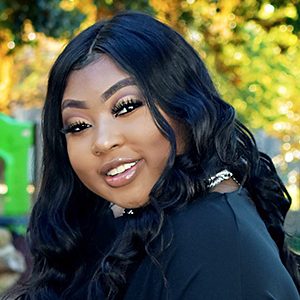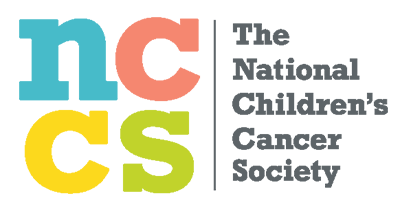Meet Ciristen Neal

Years Awarded:
2022-2023
2021-2022
2020-2021
2023-2024
"The moment I became a survivor, I took the initiative to heal, and educate myself about cancer and how to fight it."
May 24th is a reminder of when it all began-not just my cancer diagnosis, but an entirely new me. On that fateful day in 2018, I was diagnosed with acute lymphocytic leukemia, and entered a new dimension of reality. The chemotherapy drugs came with no good side effects. I lost my hair, became weak, and suffered constant nausea. My spirit took on a life altering challenge as high doses of steroids caused me to swell and gain weight. I prayed for God to take away the aches in my body. I was 16 and heartbroken, and my passion for color guard and teenage life got replaced for what I feared might be death. Repeated hospital admissions replaced visions of a summer filled with color guard camp, family time, and the beach. I couldn’t attend school, was assigned a homebound teacher, and my social life diminished. I wasn’t defeated, but I felt close to it. I felt lonely at times but writing and talking with my care team helped me learn to live with the disease, which wasn’t easy.
The daily chemotherapy injections, monthly spinal taps, bone marrow test, and CT scans, left me weak and severely depressed. My mother was struggling while dealing with my diagnosis and cried a lot. She was terrified of losing me after my dad’s passing. Financially, things were difficult, but she never left my side. My mother had to take off work to help with my care, and after running out of sick and vacation days, she no longer received her salary, having to pay for medical insurance and other expenses. She used most her savings, borrowed from her retirement plan, and stayed with me when I needed her most. She, along with my oncology care team, not only helped me survive, but they taught me that survivorship is a lifelong objective and within every person.
Each day that I get to see my mother’s smile, feel my beating heart in my chest, and carry on with my destiny, I consider myself lucky. That’s what survivorship means to me; a faith in the fullness of life. A faith and understanding that small and big miracles happen every day. Being a survivor means I can help someone else find their inner survivor. I want to help other children who may be experiencing cancer and empower them with the strength and tools that healed me.
My personal experience with leukemia as a future nurse will bring smiles to faces previously filled with tears. To raise the chin up of a struggling teen girl and ensure her that everything’s going to be okay, that’s what survivors do. Just as my care team nurses did when they lifted my spirits during the toughest times of my treatment. No matter what I was going through, they offered their kind-hearts and always made me feel better. My mental healing was just as important as my physical healing, and my nurses played an essential role in both areas.
The moment I became a survivor, I took the initiative to heal, and educate myself about cancer and how to fight it. I survived the roughest part of my initial treatment during junior year and returned to high school my senior year a fighter. I have maintained all A’s and B’s, staying on the honor roll with AP and concurrent credit classes. Additionally, I’ve mentored other cancer patients, organized a local “Light the Night” team to raise money and awareness for leukemia, participated in debutante ball and winter color guard team – I survived and now I am committed to giving back, which is what survivors do. They want to reach back and make sure others are survivors as well.
